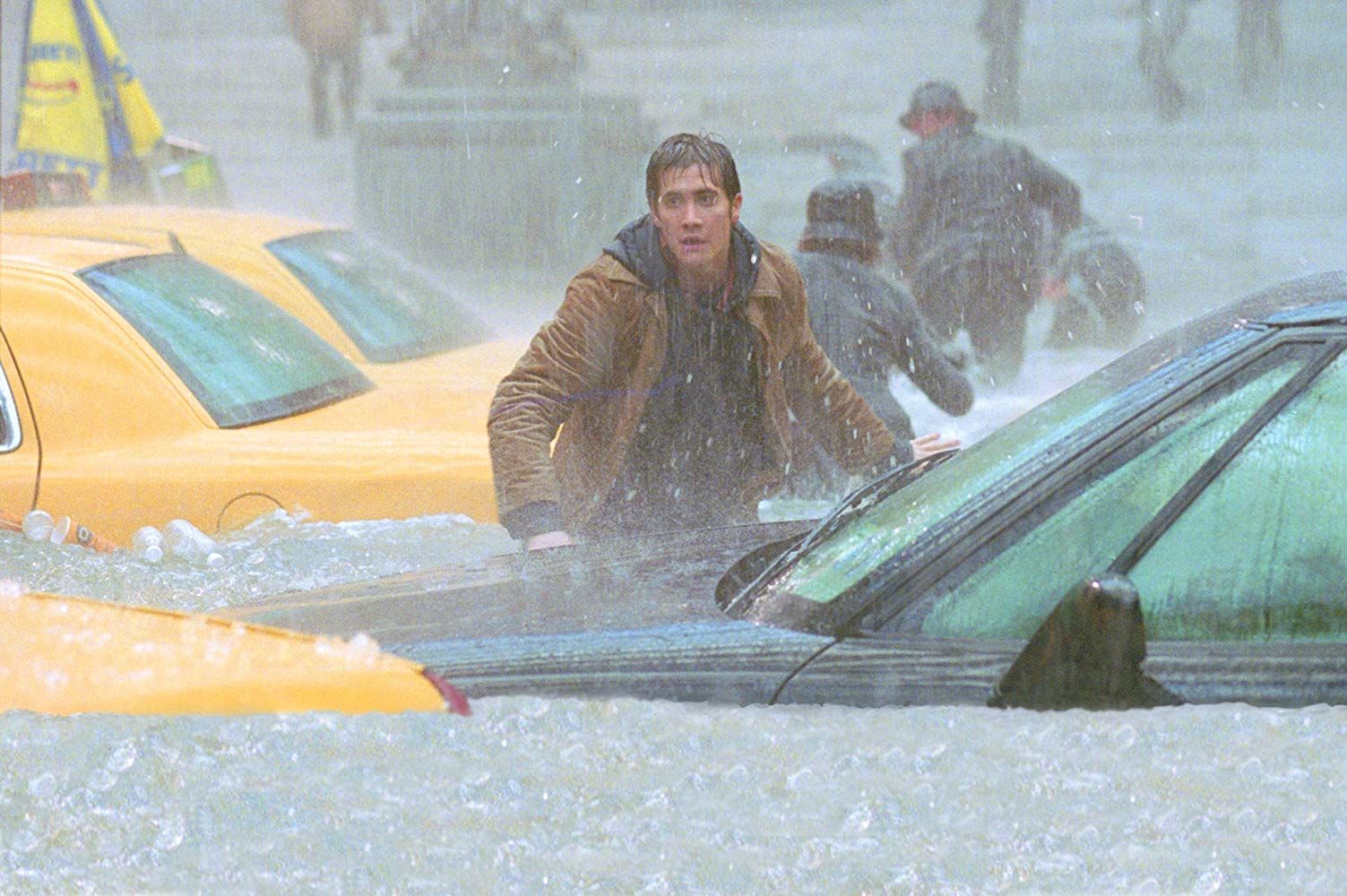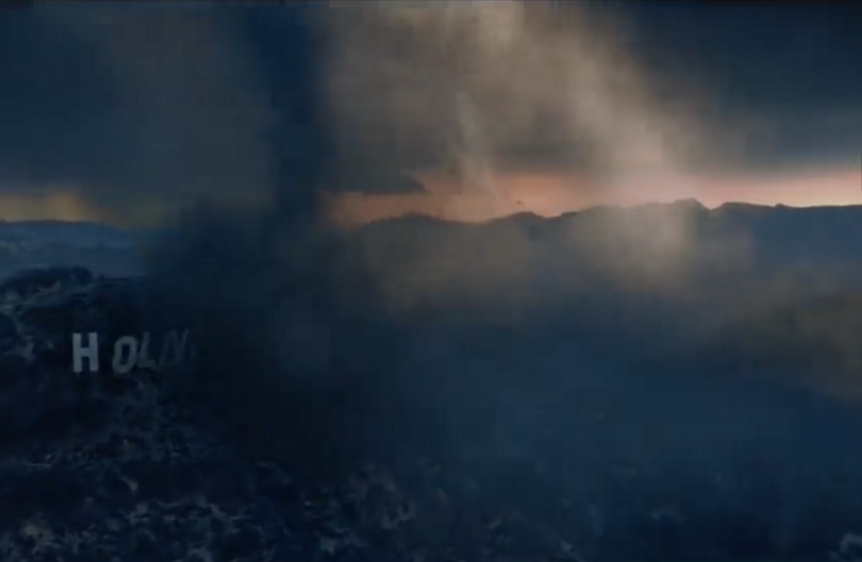Create a free profile to get unlimited access to exclusive videos, sweepstakes, and more!
Is the clock ticking to 2050? Study says climate crisis may creep up sooner than we think

When we think of global catastrophe, sci-fi disaster movies like The Day After Tomorrow and Geostorm might come to mind. They conveniently fast-forward the effects of climate change to a distant future that we don't need to worry about outside our TV screens, since Earth isn’t at risk for anything like that during the next century at least, right?
Maybe not. Even the UN’s dire 2018 summary report on climate change is being criticized by many as too optimistic. Now a new study — by David Spratt, research director of the Breakthrough National Center for Climate Restoration in Melbourne, Australia, and Ian Dunlop, former senior executive of Royal Dutch Shell and ex-chair of the Australian Coal Association — looks into more extreme and disturbing possibilities. Think devastating climate change by 2050.
“An existential risk to civilization is one posing permanent large negative consequences to humanity which may never be undone, either annihilating intelligent life or permanently and drastically curtailing its potential,” said Spratt and Dunlop in the study, which has a foreword written by retired Admiral Chris Barrie, former chief of the Australian Defense Force.
Even the World Bank warns that such a drastic increase in temperature is “beyond adaptation,” according to the study. We might hear things like this from NASA and NOAA ad nauseam, but perhaps folks will listen more when a financial institution, and a normally non-scientific one at that, says the global climate is headed toward disaster of a cinematic scale.
While the study predicts a climate that skyrockets almost 40 degrees by 2050, it doesn't even need to rise that high for there to be catastrophic consequences. Will we survive if we continue the current cycle of carbon emissions unchecked? Probably. Will we also destroy everything we spent thousands of years building and end up gasping for survival in a post-apocalyptic-type wasteland kind of like The Walking Dead without the zombies? Also probable, according to the study.
What will happen to the planet if we don’t reduce the emissions that keep steadily creeping upward? Spratt and Dunlop see a steady increase in the next decade if we don’t start to mobilize toward what they call a “zero-emission economy.” They predict emissions will spike in 2030, and only by 2050 will it be obvious that we’ve passed the point of no return.
Future generations could be trapped in the “hothouse Earth” scenario, in which the planet continues to sustain rising heat levels after we hit a rise in temperature as low as 35.6 degrees Fahrenheit—or lower. Polar ice sheets and permafrost will begin to melt, with all that excess water seeping into the ocean and resulting in an irreversible rise in sea levels. Ecosystems such as rainforests and coral reefs will collapse. In tropical and subtropical regions without the luxury of AC, lethal heat and drought will drive over a billion people elsewhere. There will be no such thing as agriculture in these regions anymore.
Prevention, the study argues, is going to have to mean that we look back at exceptions to the norm.
“Analysis of climate-related security threats in an era of existential risk must have a clear focus on the extremely serious outcomes that fall outside the human experience of the last thousand years,” the authors said, stressing that these outcomes “have probabilities that are far higher than is generally understood.”
The thing is, existential risks are difficult to quantify, so we’re better off not making massive mistakes instead of learning from them after the fact. Human experience may not tell us much about what we could be facing. What we need to do, Spratt argues, is zero in on the possibilities that are looming ahead rather than using history to predict what could happen. There wouldn't be much sense in relying on random natural disasters that happened in the centuries before the Industrial Revolution. Levels of greenhouse gases have shot up exponentially since then.
Taking action against a threat that could be inevitable (if we ignore it) means figuring out how to avoid unprecedented destruction, adjusting policies that target ecological issues across the planet.
“The true worst-case scenario might be one where we don’t venture out from our safe harbors of knowledge to explore the more treacherous shores of uncertainty,” said Dr. Gavin Schmidt, director of the NASA Goddard Institute for Space Studies, who was cited by Spratt in the study.
Maybe keep that in mind next time you let the water run or leave the lights on.
(via Breakthrough)















